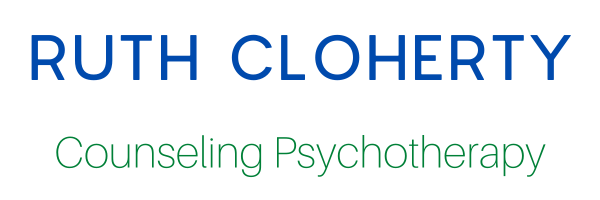
You may have heard of the Flight – Fight – Freeze responses. If you haven’t – they are the survival responses of our autonomic nervous system. Our survival responses run outside of our voluntary control and have an inbuilt bias towards danger. This means that when they have been triggered they will not allow-in any cues of safety that may be present in the environment. To do so would reduce the likelihood of our survival.
There will have been many times when our system will have experienced an event as dangerous causing our brain to produce the emotion fear to help us ‘flee’ a situation or the emotion anger to help us to ‘fight’ to protect our body or belongings. When we are little this can also include our sense-of-self and / or our own body integrity.
If an event is experienced as life-threatening our body will be immobilised and we will not be able to respond to the threat in an active manner. This is the ‘freeze’ response. If we have experienced trauma then we may have had to leave our body at the time of the trauma as a way of surviving. Disassociation is another word used for describing this freeze response. There are many events that occur in the majority of children’s lives that may be experienced by the body as either dangerous or life-threatening – especially if the child already has a heightened stress response.
The inability of our body to allow-in the safety cues in the environment makes life extra hard and at times we can find ourselves overwhelmed and unable to move forward. Having problems and difficulties though is a part of being human and is therefore normal. It is not a sign that there is anything ‘wrong with us’ as we may have feared. We are all subject to the complexity of the human psyche and when we have a language to voice our experiences (both past and present) we can build a new and more satisfying future for ourselves.
I believe it is our ability to solve life’s problems that makes us either happy or unhappy. Stress is experienced when we oppose something that ‘is’ because it is problematic in some way for us. Sometimes this may be an internal experience such as anxiety. At other times it may look and feel as if it is something ‘outside of ourselves’ that we cannot change. I think counselling psychotherapy enables us to become better problem solvers and therefore happier. As we become happier we also become healthier.
There is much evidence that stress affects our physical health. It is understood that the inner stressors that we have within our own psyche or body-brain do lead to physical disease. When we attend to these inner stressors we significantly reduce and prevent the manifestation of chronic disease and reduce the impact of existing chronic disease. In the large Adverse Childhood Experiences (ACE) study “Felitti suggests that long-term chronic and unrelieved stress overstimulates the brain and body, weakens the immune system, and poses an increased risk for the development of cancers and autoimmune diseases like multiple sclerosis, rheumatoid arthritis, and lupus” (Teresa Gil, Ph.D)
https://www.psychologytoday.com/us/blog/breaking-the-silence/201901/adverse-childhood-experiences
